
How Intermittent Fasting Protects the Heart: New Evidence on Blood Clots and Cardiovascular Health
Intermittent fasting is increasingly recognized as more than a weight-management strategy—it may also offer meaningful protection for the heart. Emerging research demonstrates that fasting can reduce the risk of heart attacks by lowering the likelihood of forming harmful blood clots, a major cause of cardiovascular emergencies. This growing body of evidence suggests that fasting influences several physiological processes that together create a healthier internal environment for the heart and circulatory system.
Recent studies, including those published in Life Metabolism (2025) and summarized by Medical News Today, report that intermittent fasting helps suppress platelet activation, a key step in the formation of dangerous clots. When platelets become overly active, they can clump together and obstruct blood vessels, potentially triggering heart attacks or strokes. Researchers found that fasting elevates levels of a gut-derived metabolite called indole-3-propionic acid (IPA), which appears to reduce platelet activity and regulate clotting factors in the bloodstream. These findings highlight a biological mechanism through which fasting may directly decrease the risk of cardiovascular events.
Beyond clot prevention, intermittent fasting also induces a series of beneficial changes throughout the body. According to analyses by the National Institutes of Health (NIH) and the Journal of the American College of Cardiology, fasting supports improved circulation, lowers chronic inflammation, enhances insulin sensitivity, and may reduce oxidative stress—all of which are central contributors to long-term heart health. When the digestive system is given structured breaks, hormonal shifts occur that promote more efficient metabolic functioning and create a cardiovascular environment less prone to damage.
Over time, these physiological improvements can translate into a significant reduction in heart-disease risk. Several researchers suggest that adopting intermittent fasting as part of a broader lifestyle plan could dramatically strengthen heart resilience. When combined with a nutrient-rich diet, regular physical activity, and appropriate medical guidance, fasting seems to reinforce the body’s natural ability to maintain blood-vessel integrity and prevent plaque or clot buildup. Cardiologists from institutions such as the American Heart Association (AHA) note that fasting may complement existing therapies and prevention strategies, though they stress the importance of individualized medical supervision.
However, experts also caution that intermittent fasting is not suitable for everyone. Individuals with diabetes, certain metabolic disorders, pregnancy, or specific cardiovascular conditions should consult healthcare providers before experimenting with fasting routines. Some large studies, including AHA presentations, suggest that restrictive eating windows may not benefit all populations equally, highlighting the need for careful consideration of fasting style, duration, and timing. As with all medical or dietary interventions, personalized guidance remains essential.
Even so, the growing scientific consensus affirms that fasting influences health at a deep biological level. Its effects extend far beyond weight control, touching cellular repair pathways, inflammatory responses, and blood-clot regulation. Early improvements may be seen within weeks, and continued practice could offer long-term gains in heart function and overall longevity. As research continues to evolve, intermittent fasting is emerging as a powerful, evidence-supported tool in the pursuit of better cardiovascular health—one that aligns metabolic balance with long-lasting protection at the cellular and circulatory level.
Sources (reputable and up to date):
-
Life Metabolism (2025): Intermittent fasting, indole-3-propionic acid (IPA), and platelet regulation
-
Medical News Today: Fasting and reduced clot formation
-
National Institutes of Health (NIH): Fasting, inflammation, and cardiovascular risk
-
Journal of the American College of Cardiology: Metabolic and circulatory benefits of time-restricted eating
-
American Heart Association (AHA): Dietary patterns and cardiovascular outcomes
News in the same category


Goodbye Synthetic Dyes: Doritos Join the Push for Cleaner, Transparent Ingredients
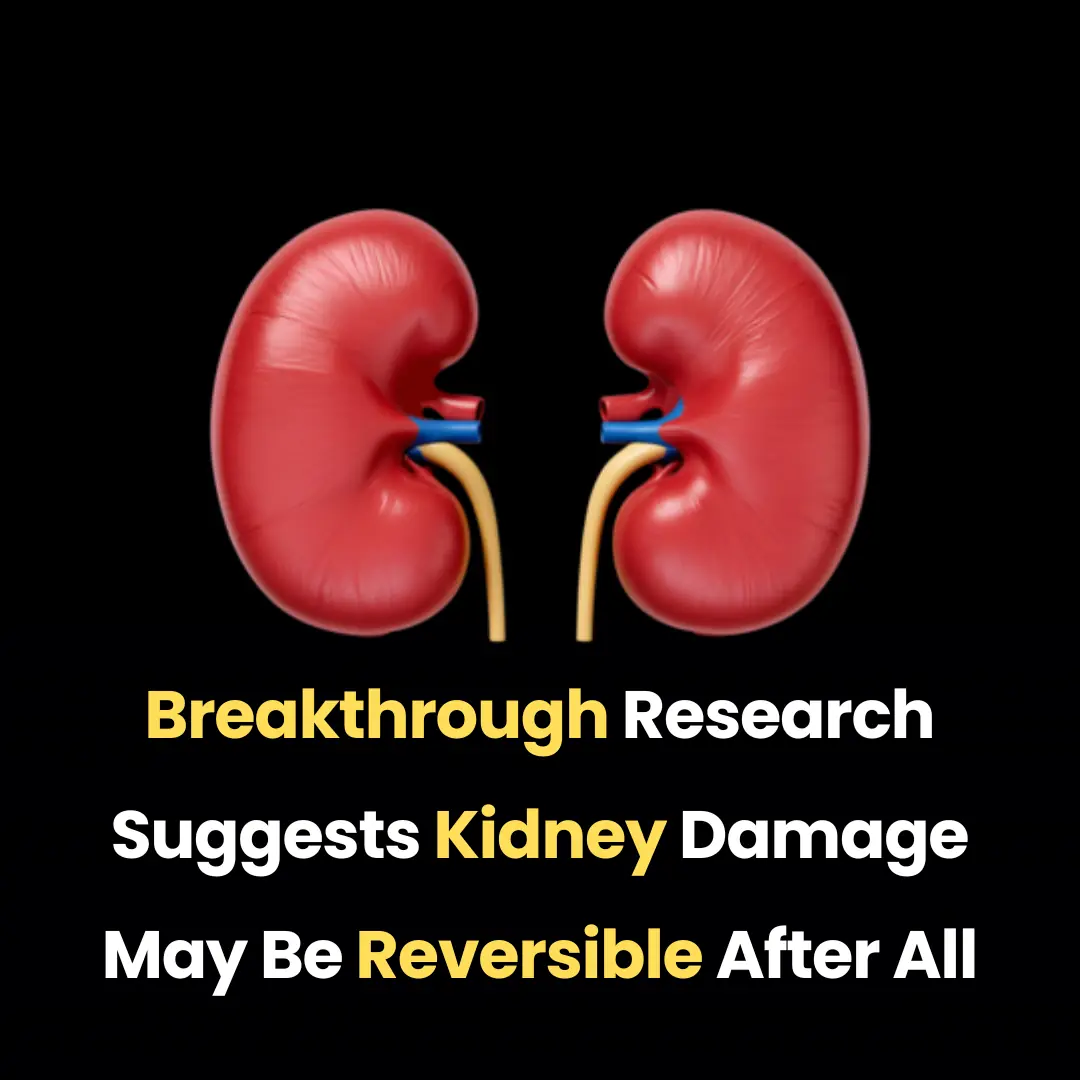
Breakthrough Research Suggests Kidney Damage May Be Reversible After All
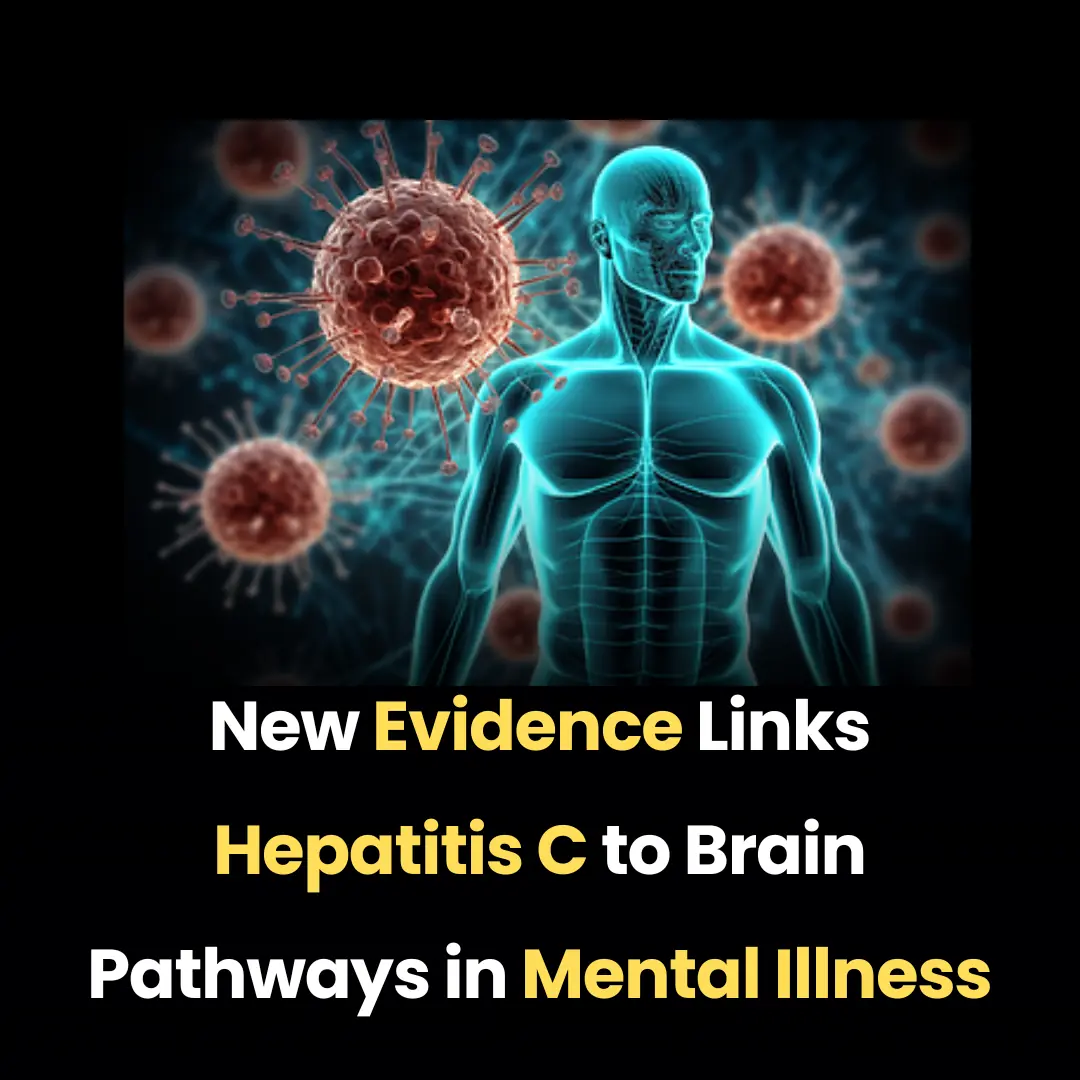
New Evidence Links Hepatitis C to Brain Pathways in Mental Illness

If You See a Woman Wearing a Wedding Ring On Her Pinky, Here's What It Means

Reinventing Renewable Energy: Germany Launches Compact Turbine for Off-Grid Power
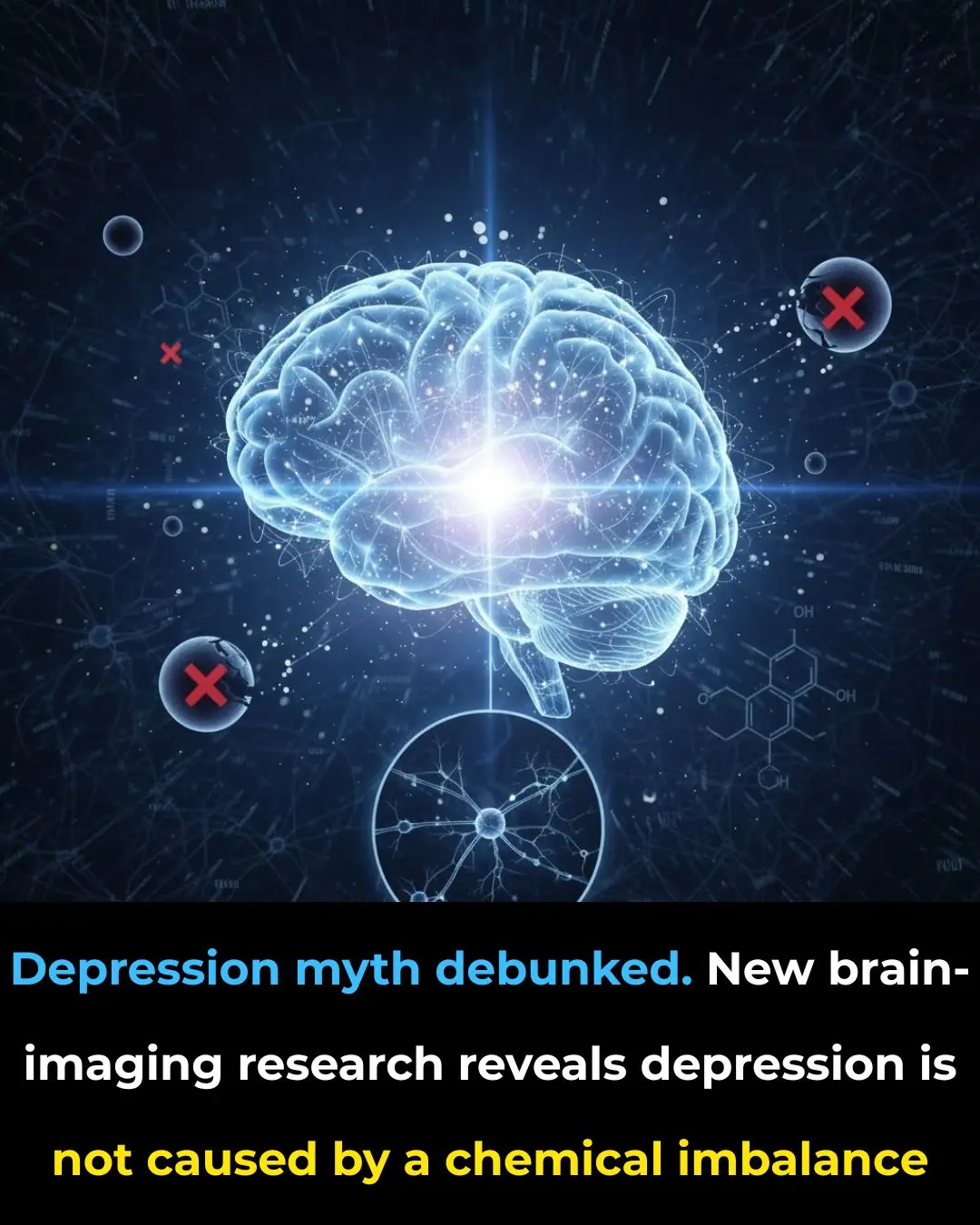
Rethinking Depression: New Brain-Imaging Research Reveals It’s More Than a Chemical Imbalance

Seventeen Years Lost: How a Look-Alike Helped Free an Innocent Man

You Must Live Without One Modern Comfort — Your Choice Reveals Who You Really Are

Why do foreigners use electric kettles so little even though they are very convenient?
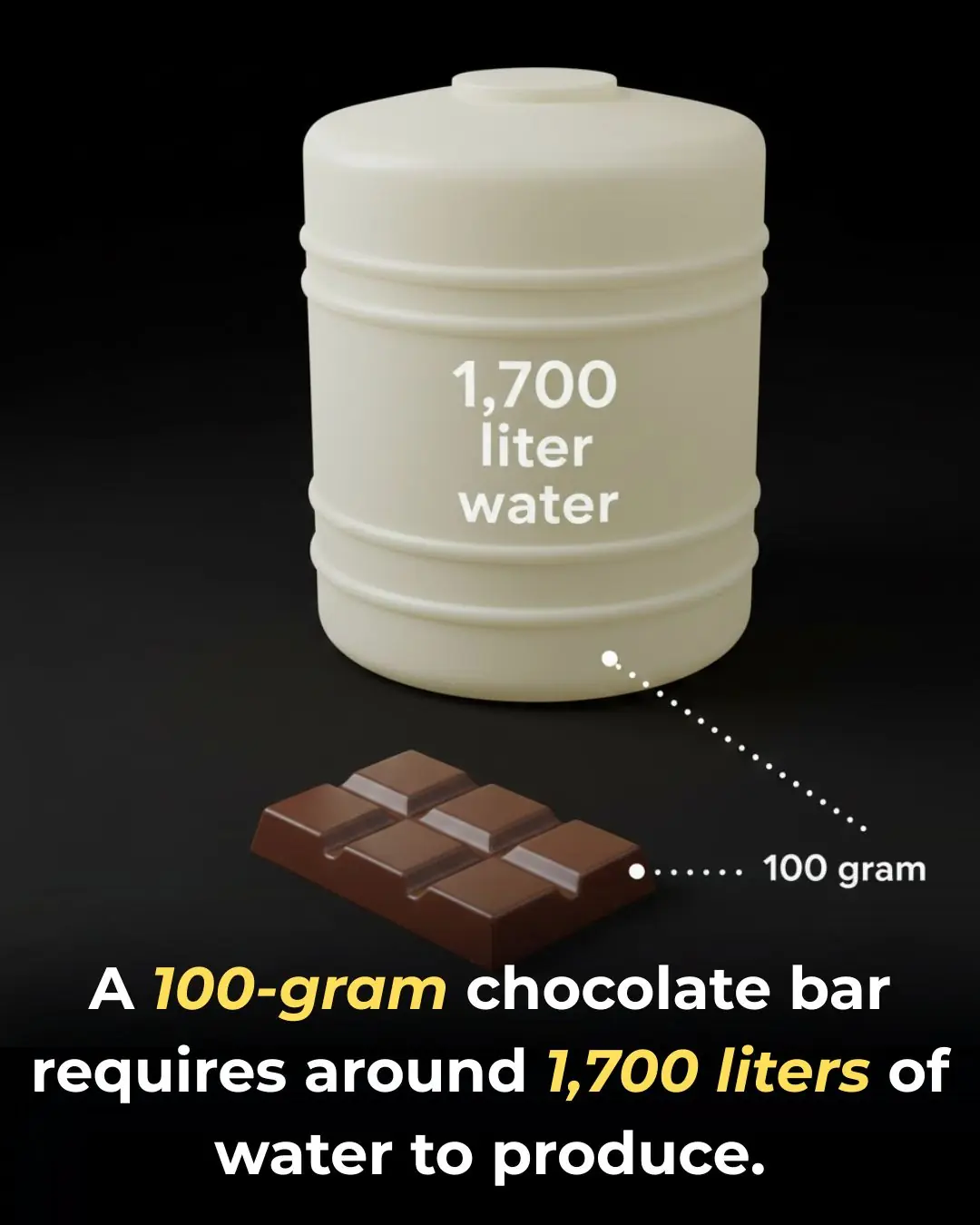
How Poor Sitting Posture Impacts Your Spine, Muscles, and Overall Health
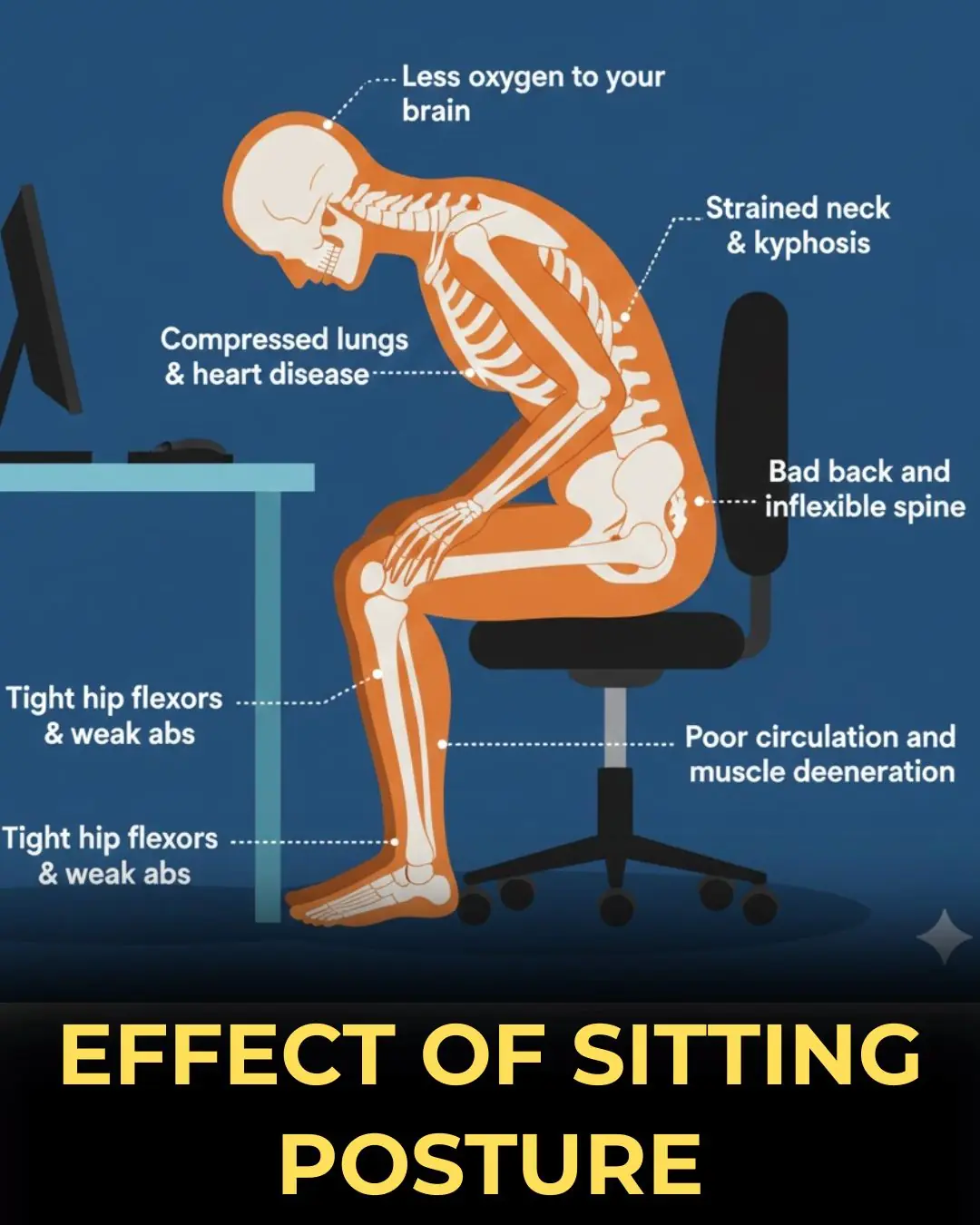
Understanding the Long-Term Consequences of Poor Sitting Posture

A Complete Guide to Common Cable Types and How They Keep Devices Connected
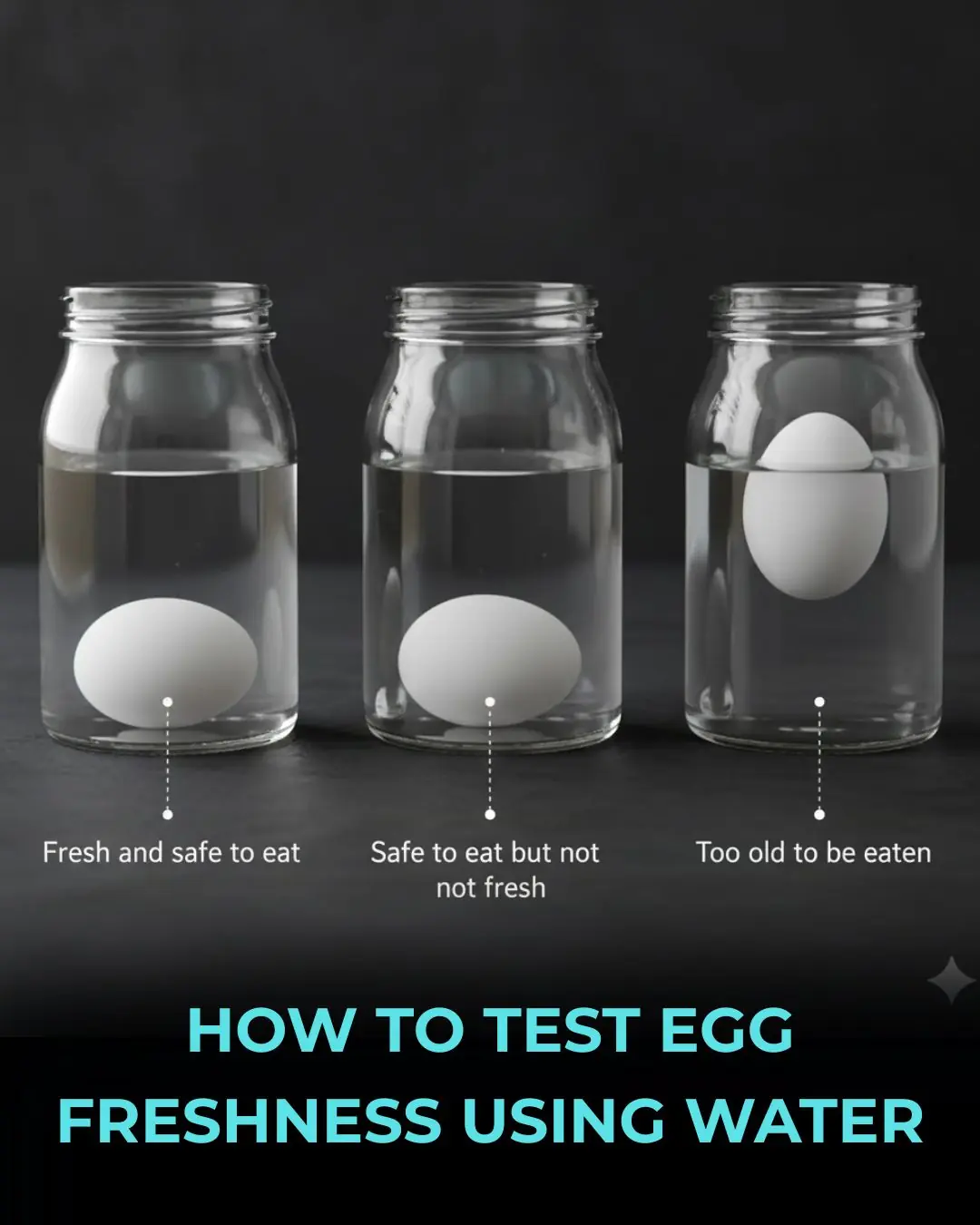
Egg Freshness Explained: What Sinking, Tilting, and Floating Really Mean

A Sleeping Giant Stirs: Taftan Volcano Experiences Uplift Driven by Shallow Gas Pressure
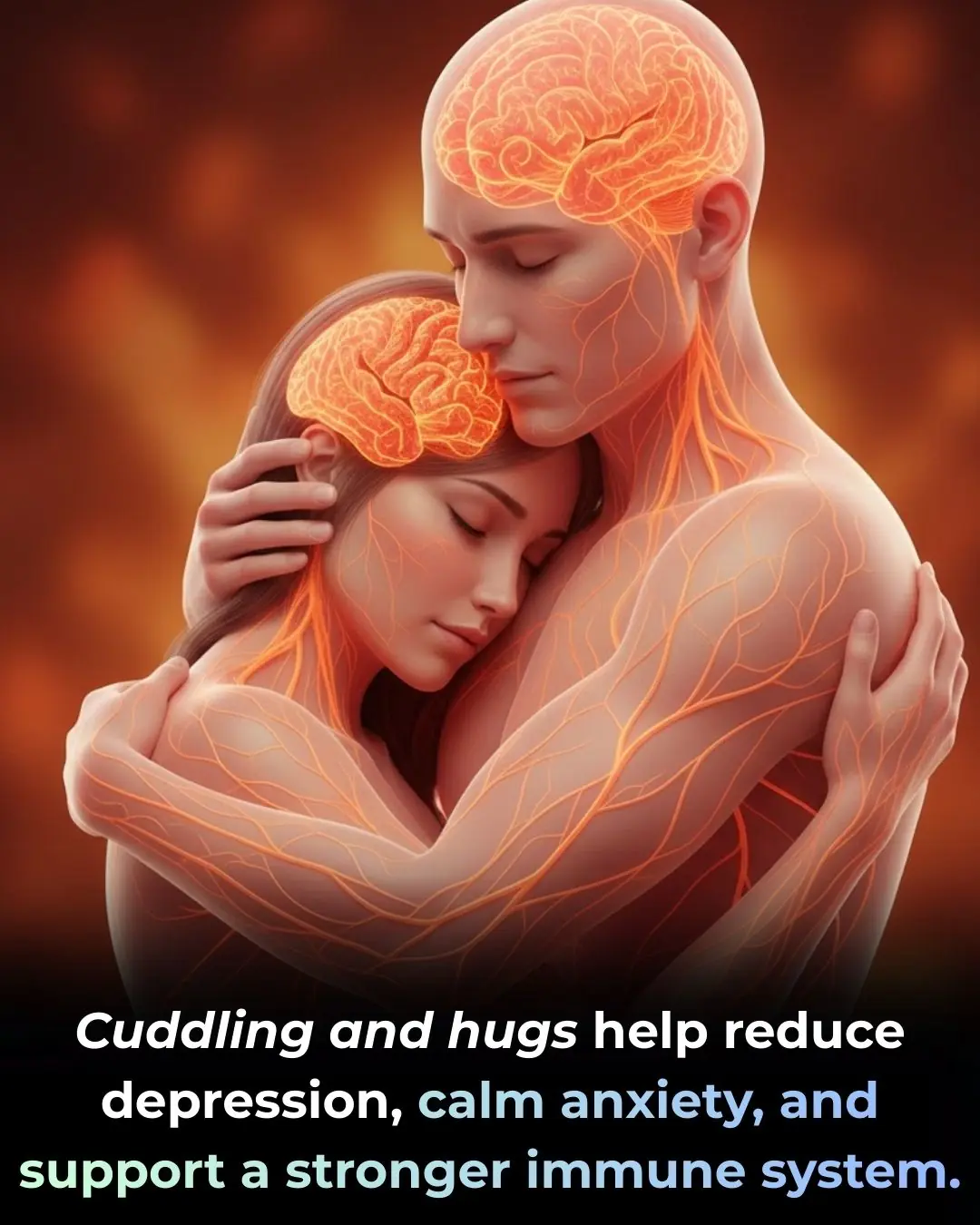
The Healing Power of Touch: How Hugs Support Emotional Balance and Immune Health

Why Sleeping in Socks Might Be the Secret to Better Sleep

Think Bottled Water Is Safer Think Again
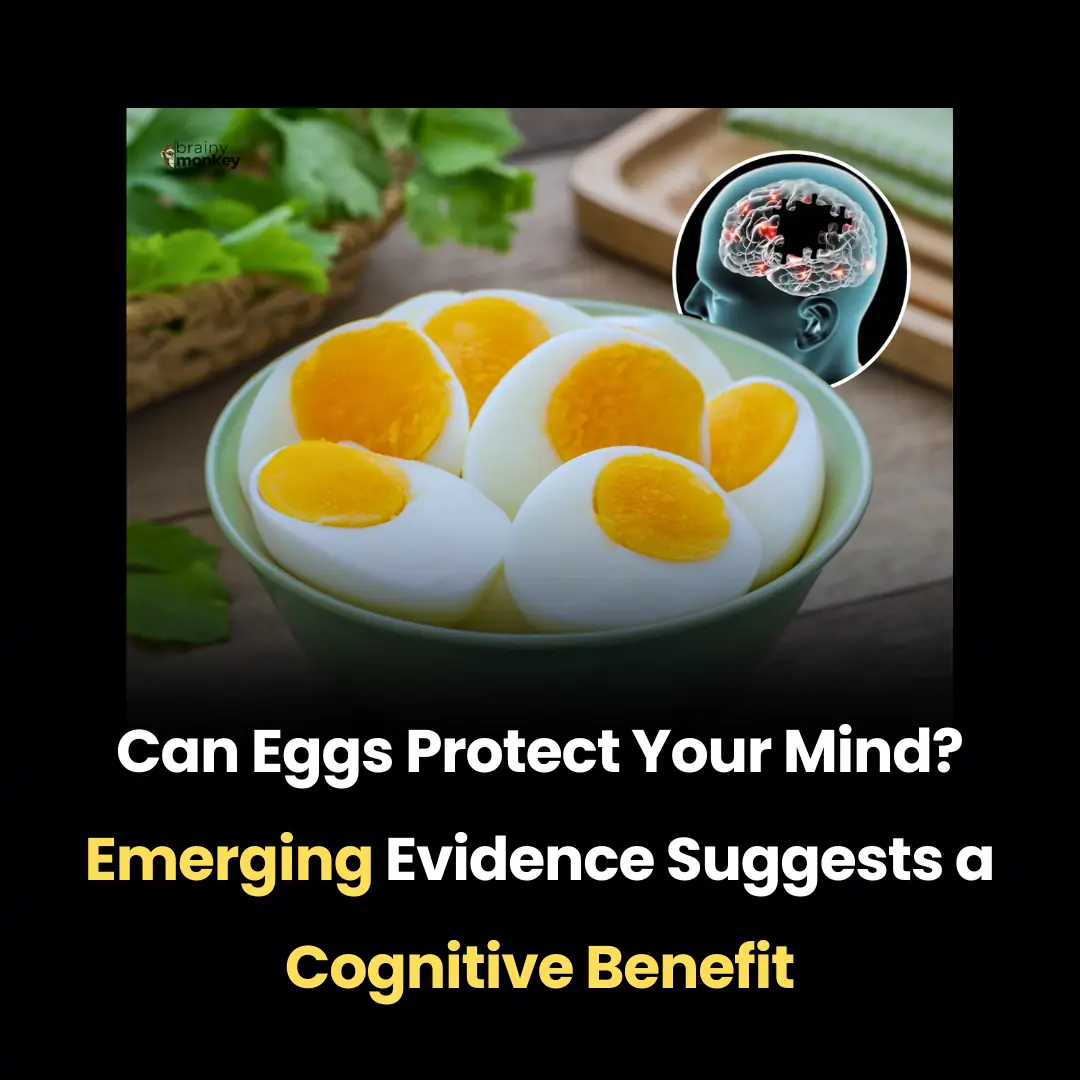
Can Eggs Protect Your Mind? Emerging Evidence Suggests a Cognitive Benefit
News Post

Injectable Gel Breakthrough Brings New Hope for Nerve Regeneration
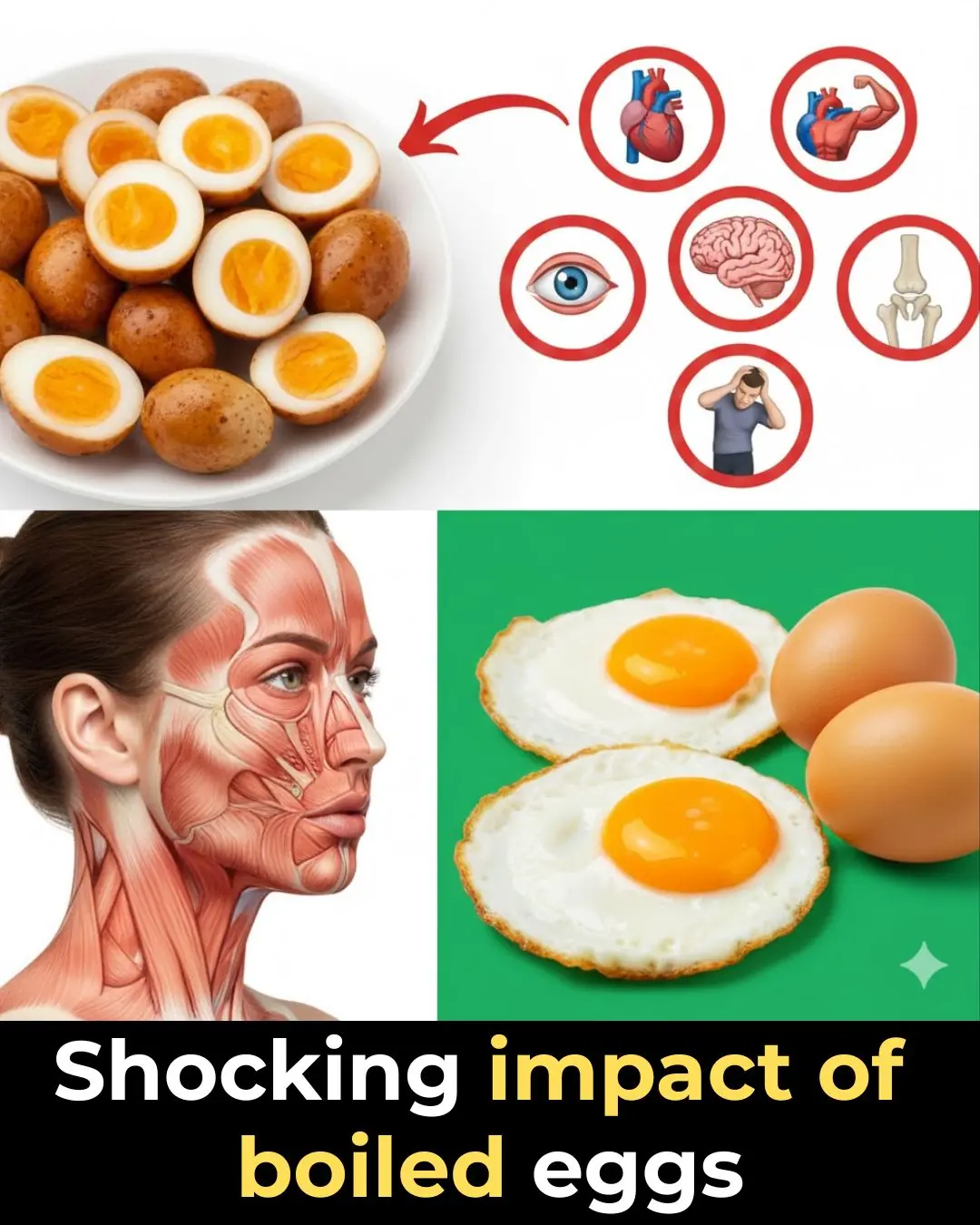
Why Boiled Eggs Deserve a Spot on Your Breakfast Table

Goodbye Synthetic Dyes: Doritos Join the Push for Cleaner, Transparent Ingredients

Breakthrough Research Suggests Kidney Damage May Be Reversible After All

New Evidence Links Hepatitis C to Brain Pathways in Mental Illness

ITV breaks silence as Celebrity Big Brother is ‘axed from ITV schedule’

Peter Andre teases ‘special’ project with wife Emily: ‘We are having exciting meetings’

🚫 When to Avoid Ginger — 6 Medical Conditions That May Be Affected
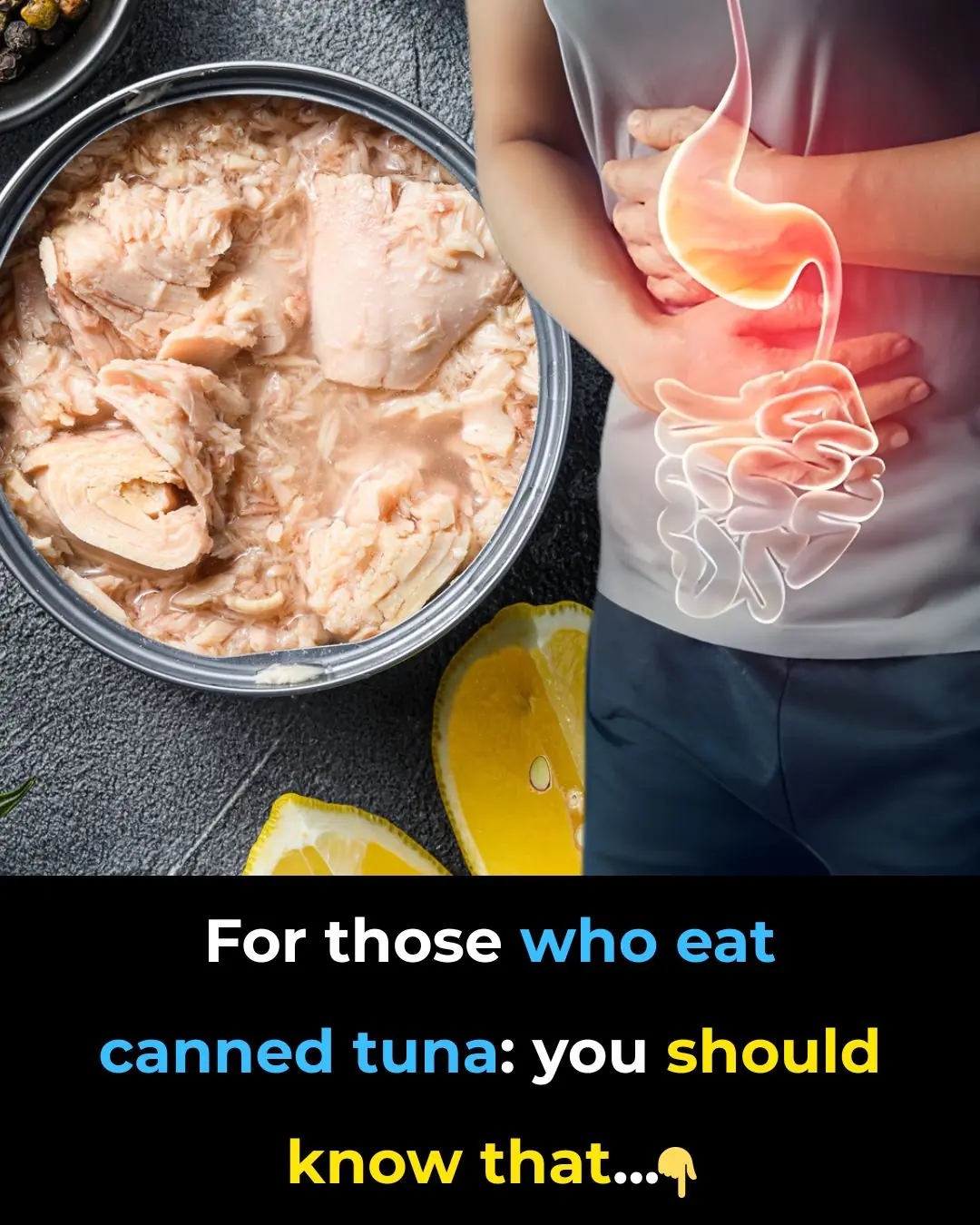
What Happens to Your Body When You Eat Canned Tuna Every Day

I’m A Celebrity star Kelly Brook’s husband reveals when he’s flying out to Australia

Kris Jenner shows support for Meghan Markle weeks after Kardashians photo scandal

Inside Angry Ginge’s ‘bromance’ with Angry Ginge – how they met; ‘going to war’ over diss track; huge ‘risk’ that ‘paid off’

Ant McPartlin’s tattoos explained – tribute to wife Anne-Marie; uproar over ‘missing’ family member; nod to his recovery

Emmerdale disaster incoming: Bear’s fate ‘sealed’ as Joshua Richards makes devastating admission

How Do Farmers Grow Avocado Trees

Robron plot Kev’s downfall – but Emmerdale fans declare they ‘love him’

If You See a Woman Wearing a Wedding Ring On Her Pinky, Here's What It Means

2-Minute Painless Hair Removal: Natural At-Home Solution
